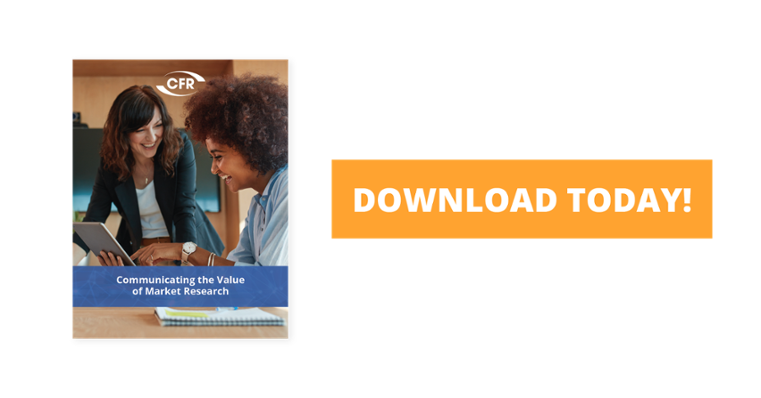
An Introduction to In-Depth Interviews
 Oftentimes, one of the first things companies do when starting a large-scale market research project is conduct in-depth interviews (IDIs) with various types of respondents; IDIs can help businesses uncover information about which they weren’t previously aware, thus providing a means for narrowing or sharpening subsequent research focus.
Oftentimes, one of the first things companies do when starting a large-scale market research project is conduct in-depth interviews (IDIs) with various types of respondents; IDIs can help businesses uncover information about which they weren’t previously aware, thus providing a means for narrowing or sharpening subsequent research focus.
What Exactly is an In-Depth Interview?
An in-depth interview is a qualitative research method that utilizes a moderator to communicate with one respondent, either in person or via telephone or the Internet. The one-on-one format allows respondents to answer questions about his or her emotions and experiences regarding the particular subject being explored, as well as his or her perceptions and understanding of it.
Why Use IDIs?
The individualized element of this type of research means moderators can establish individual relationships with their subjects, effectuating an atmosphere of trust that leads to a greater depth of sharing than other qualitative methodologies. Focus groups, for instance, aren’t private, and surveys are impersonal with no opportunity for response expansion; neither is conducive to unabridged sharing of intimate thoughts, ideas or personal history. And it’s exactly these personal details that can give researchers the meaningful context for why a person likes or doesn’t like something.
In a private setting, a moderator can:
- Evaluate respondent voice tone and body language (for face-to-face encounters)
- Respond to questions and clarify statements
- Probe for additional information when necessary
When Should You Use IDIs?
IDIs are especially advantageous to use when respondents might be embarrassed to express their true feelings in front of others, when you have highly confidential or sensitive material to review or when getting a larger group together is just not feasible.
What Should You Consider?
The in-depth interview can provide a freedom from restraint that allows for profound data discovery. It is not a panacea, however. Companies must think about the following things when evaluating the benefit of using IDIs over other methods of data collection:
- In-depth interviews rely on highly trained interviewers, ones who can make respondents feel comfortable and who can avoid prejudicing or influencing them with their mannerisms, phrasing or tone. Choosing to conduct IDIs will mean that you will need to have access to quality interviewers. Sometimes it will make more sense to survey respondents instead of setting up face-to-face interactions.
- Analysis of any qualitative data can be hard. Data gathered from IDIs are particularly tricky because they represent such a small sample. Businesses will probably only conduct 15-20 in-depth interviews. It’s difficult to extrapolate generalized results from a minimal data pool. But, of course, qualitative data is not supposed to provide generalizations. It’s meant to add value or meaning to situations, not define them. It’s important to know when to seek out qualitative data instead of quantitative data.
- Interviews take time to conduct, transcribe, review and analyze. Therefore, it’s worth contemplating how quickly you need results.
Learn More
In-depth interviews can provide businesses with a meaningful interpretive background for consumer behavior within a marketplace. But sometimes, other data collection methods can work, as well. If you’re unsure whether to use IDIs during your next market research project, let Communications for Research help you decide. Contact us today to speak with our co-CEO Colson Steber; we can review your objectives and help you choose the right data collection method for your business to garner actionable results.
For more information on the value of market research and how to communicate it to your clients, download our FREE eBook:



